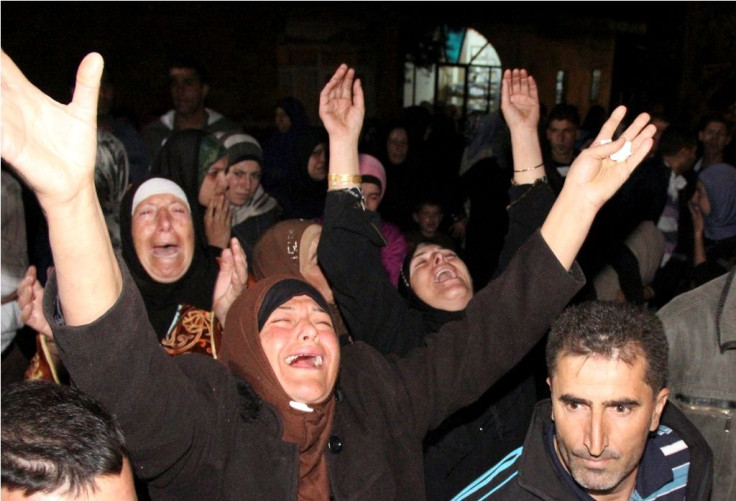New Laws Will Allow Australian Officers To Beat Asylum Seekers To Death: Former Supreme Court Judge

According to a former Victorian Supreme Court judge, Australia’s new immigration laws will allow security guards at detention centres to beat asylum seekers to death. The proposed new powers will apparently make the guards licensed to kill.
Stephen Charles SC said in his submission of evidence to Senate hearings on changes to Australia's Migration Act that the proposed changes would make it more difficult to take legal action against a guard accused of inflicting harm. He said that the proposed amendments might even encourage guards to get violent with asylum seekers.
Charles believes that the guards are authorised to beat asylum seekers in detention centres to death, according to proposed laws. "Guards in detention centres will feel freer to exercise force, to use force against detainees on the ground that they've been told that they can do so where they think there is reasonable necessity," he said, “The impression all of us had in giving evidence was that would get them something like a fortnight's qualification, which would be hopelessly inadequate."
Charles called the new powers as “a joke in extremely bad taste.” He apparently told the Senate that the amendments should be completely canned and things should start again from scratch.
Charles compared the proposed standard to that in the United States. he said that it would draw parallels with the case of Walter Scott who had been shot dead by U.S. police officer Michael Slager. He said that U.S. officers were often acquitted under such circumstances. Charles said that the Migration Act would similarly allow Australian officers to get away with violence calling it “necessary.”
The former judge is, however, not the only one to speak against the proposed changes. Australian Human Rights Commission President Gillian Triggs said that, while private contractors might have to use force against people in detention, the proposed changes would make it nearly impossible to penalise violent guards.
Triggs added that it was very hard to show a subjective intent of bad faith of a serving officer acting in the course of their employment. She referred to the explanation given by senior courts that the demonstration of bad faith must be proved in such cases.
Contact the writer: s.mukhopadhyay@ibtimes.com.au




















